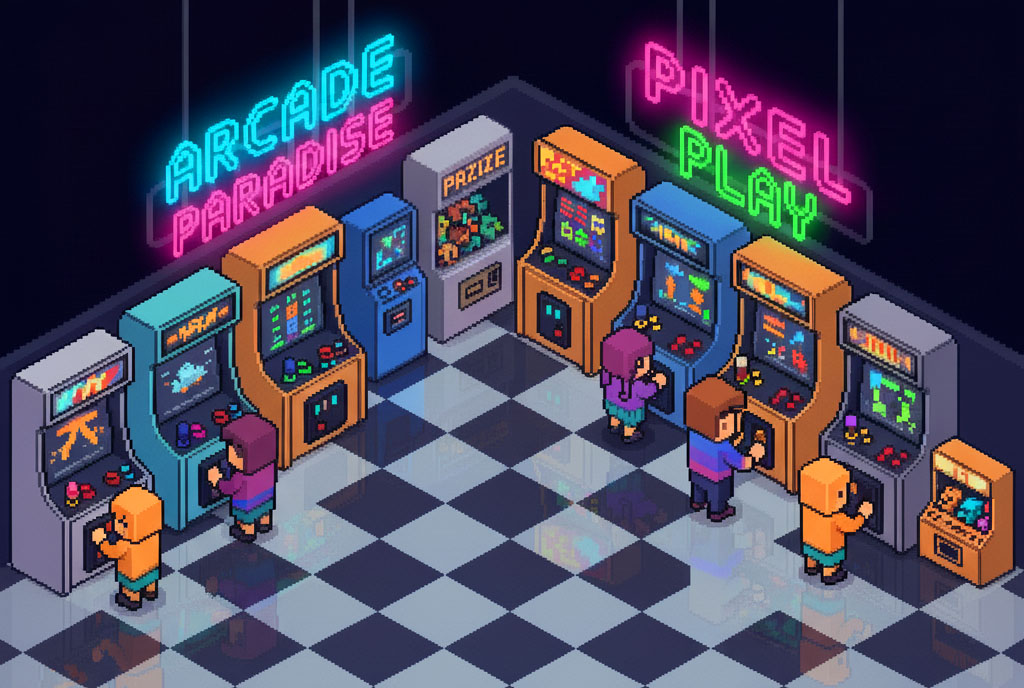As I started developing a prototype for a mobile game, it occurred to me that we should have some kind of guide or manifesto to protect the user. So I wrote this first draft. It probably sounds very extremist… but I’m convinced this is the way forward.
Suggestions are welcome towards more ethical software that takes the player into account and not software that wants to turn the player into an addict to extract all their money.
I originally wrote the text in English and it can be seen here, along with the development log: http://arithmomania.lucasdima.com/2018/05/13/software-manifesto-5/
Software as a complete element
The complete game should be available after the first purchase or download, whether free or not. The game should not have in-app purchases or additional DLCs sold separately. Locked levels, additional features, or upgrades should only be enabled or unlocked through gameplay. For example, by completing previous levels or finding certain objects, but never through external conditions like payments, exchanges, and other related elements. If a DLC needs to be added after the game’s release, it should be part of free updates.
Updates
All game updates should be free.
Free to Play
Games should not be Free To Play type. This means the game should not have in-app purchases of any kind.
Real money or its equivalent in gems, diamonds, or any other type of equivalent credit should not be used to:
- Improve character characteristics.
- Accelerate the construction process or skill development.
- Buy visual improvements.
- Unlock additional levels.
- Reduce player frustration caused by level difficulty.
Additionally, the game should not use techniques to increase player frustration at precise points in the game, such as at the end of a level, to then tempt them to buy or exchange some element of monetary value that overcomes the situation.
The game’s objective
The game’s objective should be connected to intellectual development or player entertainment. Games should be for generating fun or creating mental challenges and helping solve problems. Behaviors that are created exclusively to retain the player at any cost should be avoided.
Anonymity and player tracking
The game should never keep a record of player behavior or any other related element unless required by the game itself and if there is player consent. Examples:
User location: an exception may be games where geolocation is part of the game itself. IP Address: IP addresses should not be recorded. The player should not be allowed to place their personal data within the game. The gaming experience should be 100% anonymous. All data that the game can record should be informed to the user.
Social networks
Games should never post on social networks without player consent. Which should be turned off by default.
Games should never try to exchange social network posts for improvements, level unlocks, or any other element that affects the game experience.
If the player wishes to share their game experience on any network, they should be asked and provided with examples of what that post would look like and which group could see it.
The player’s contacts on social networks should never receive game invitations or any type of promotion.
The game should never try to exchange game invitations for improvements, level unlocks, or any other element that affects the game experience.
Notifications
The game should never send any type of notification to the player when the game is not running. Maybe this is too extreme… maybe we should allow notifications related to multiplayer games, friend challenges, or the incorporation of new levels. TBD.
Update
Remarkably, months later I wrote a software manifesto based on this and published it. It’s called User First Software .
I adopted this manifesto for my videogame Leon’s Mahjong , and it gives me great satisfaction to know that players can enjoy a complete experience without monetary pressures or manipulative techniques.
